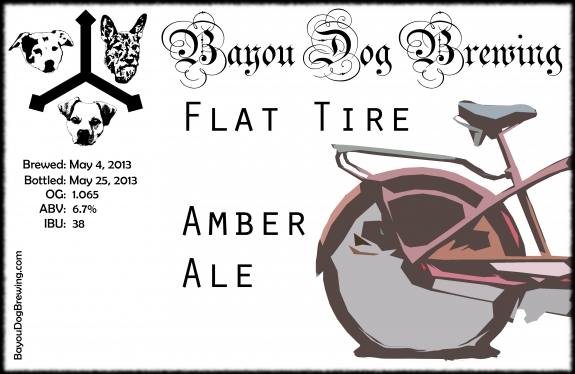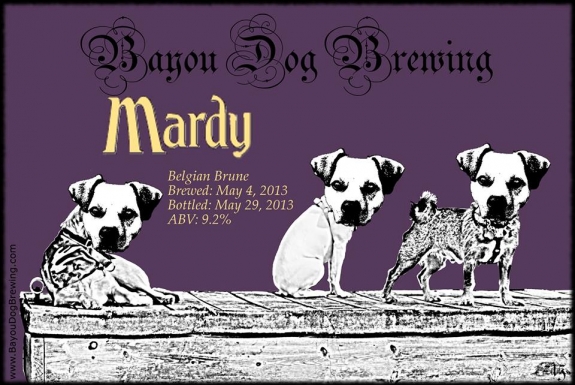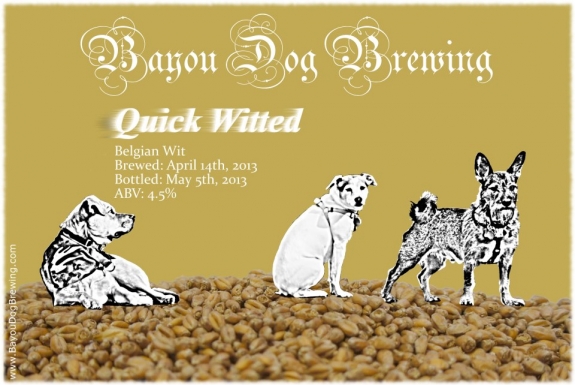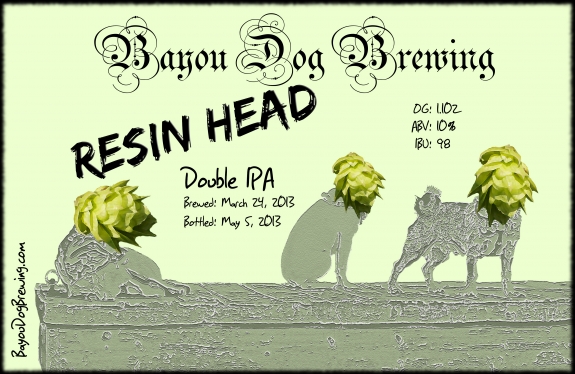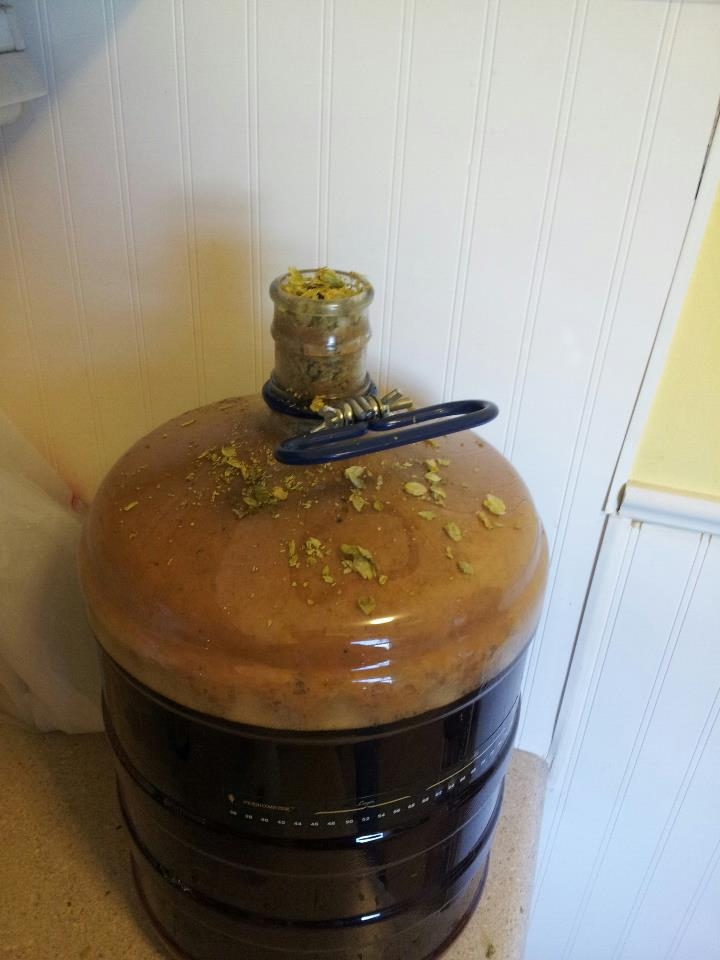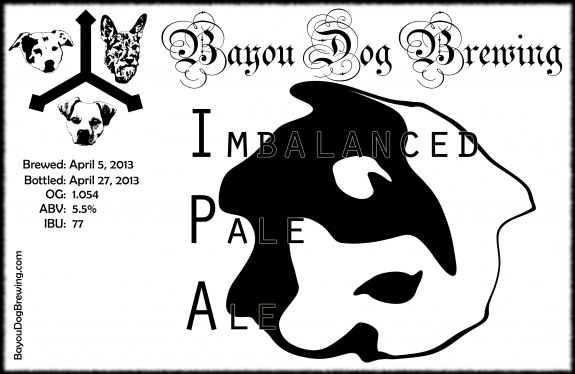Style: American Amber Batch size: 5 gallons Brewed: May 4, 2013 Bottled: May 25, 2013 OG: 1.065 FG: 1.014 IBUs: 38 ABV: 6.7% Grains 5 lb Belgian Pale Malt 5 lb Munich Malt 1 lb Victory Malt 8 oz Biscuit Malt 4 oz Caramel Malt (80L) Hops 90 min: 1 oz Northern Brewer (10.6% AA) 15 min: 0.5 oz Cascade (6.7% AA) 0 min: 0.5 oz Cascade (6.7% AA) Yeast 2 liter starter of Denny's Favorite 50 (Wyeast #1450)
I realize that the general sentiment towards New Belgium (and specifically Fat Tire) is pretty negative these days, and while I guess everyone is entitled to their own opinion, it can’t be denied that New Belgium has certainly made a strong impact in the market. I’m sure this alone is the reason for so much ire…when something gets popular, it can’t be good. But when I go somewhere, I’d rather see all New Belgium handles, than even one single InBev or SAB handle.
So the base of this recipe was inspired by Fat Tire, found on HomeBrewTalk, and I’ve only changed out the yeast, and the flavor/aroma hop. Fat Tire’s biscuity malt flavor is what I am really after here…it is the part of the beer that I love most. When it comes to the hops, it was Boulder Beer’s Hazed & Infused that made me really appreciate bright hop flavor and aroma in an amber (which is typically a pretty boring style…when it comes to hops). Decided to go with some Cascade at 15 min and flame-out, see how it goes this time around, and possibly amp it up in the future (dry hop?!?).
